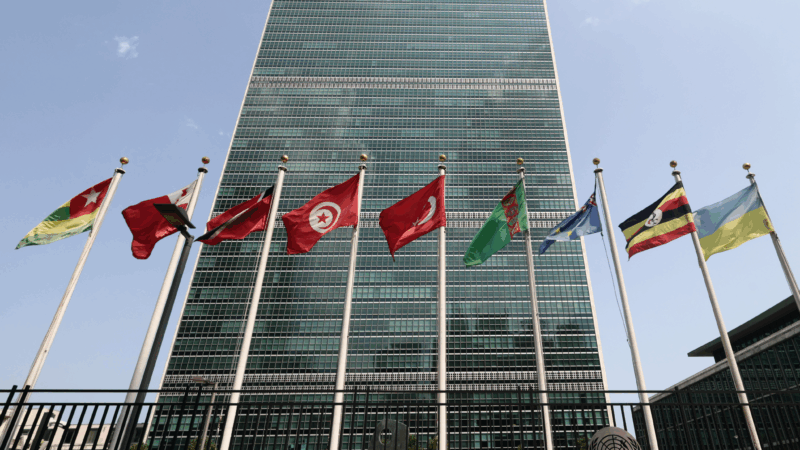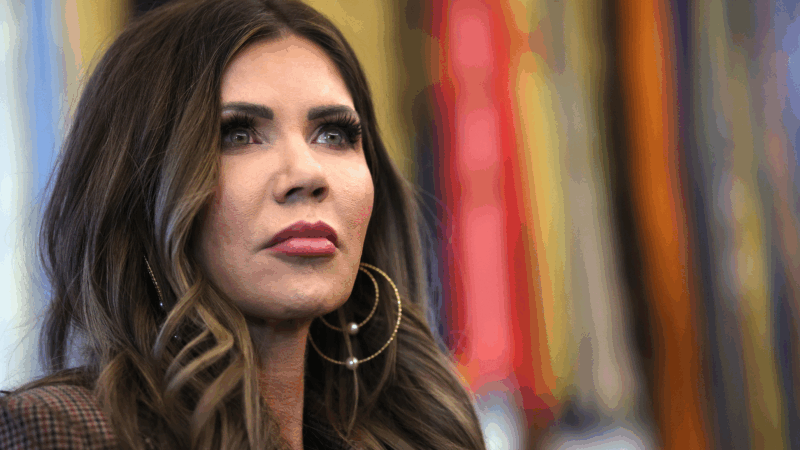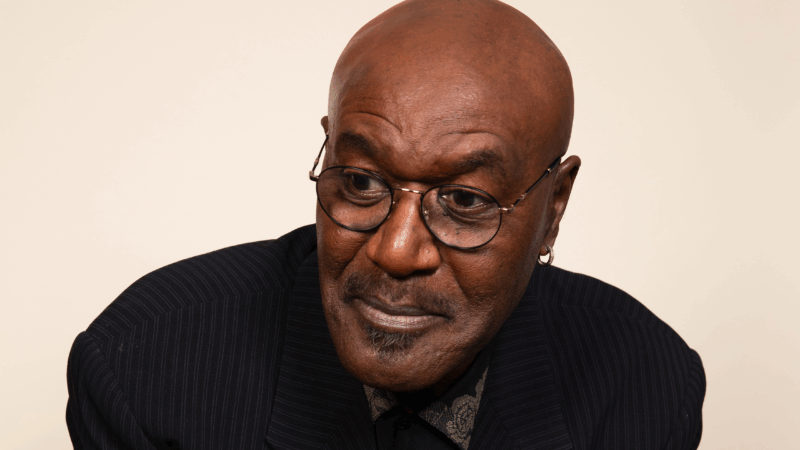There was a different vibe at the U.N. General Assembly. 5 attendees weigh in
NEW YORK — It’s the first United Nations General Assembly since President Donald Trump shook up the foreign aid landscape by cutting billions of dollars in assistance.
“There’s a lot of anxiety, apprehension. It’s almost like everybody’s waiting for the other shoe to drop,” says Solomon Zewdu, the CEO of The END Fund, a group that focuses on eliminating neglected tropical diseases.
He’s one of thousands of people from all over the world who descended on Manhattan for a week of high-level meetings at the 80th session of the U.N. General Assembly.
NPR reporters were on the ground in New York and spoke with global health leaders about their impressions of the week. Here’s what they told us – edited for length and clarity.
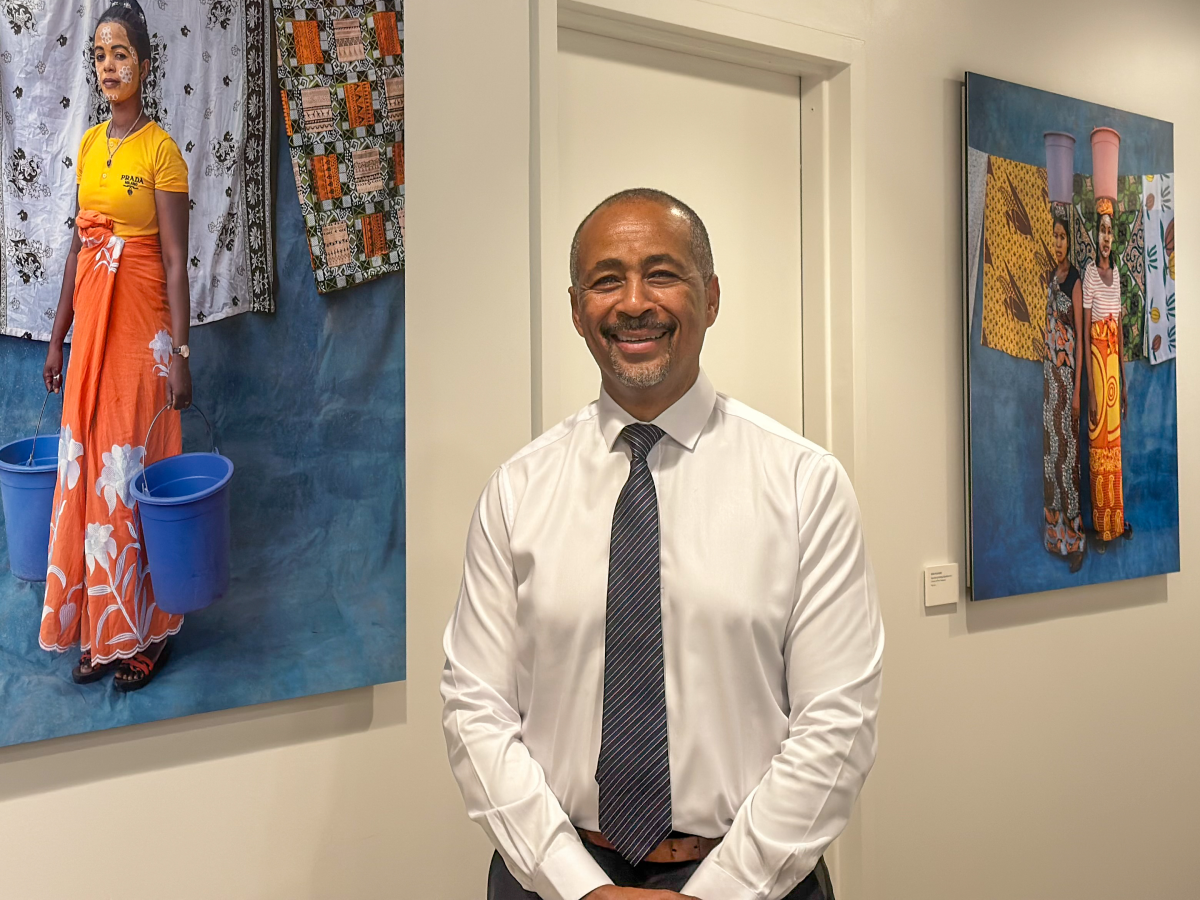
Solomon Zewdu, the CEO of The END Fund
Dr. Solomon Zewdu is based in South Africa and he says the thing that struck him most this General Assembly is that global health leaders are “talking in silos.”
“We’re not hearing each other,” he says. Some are having conversations about how dependent countries are on aid, while others are lamenting the cuts.
“But now, what’s the next step? Let’s move on. There’s urgency. Time kills people,” he says.
He’s afraid “everybody’s going to scatter, and then we might wait for the next summit to happen — and, in between, people dying, people’s health is being compromised.”
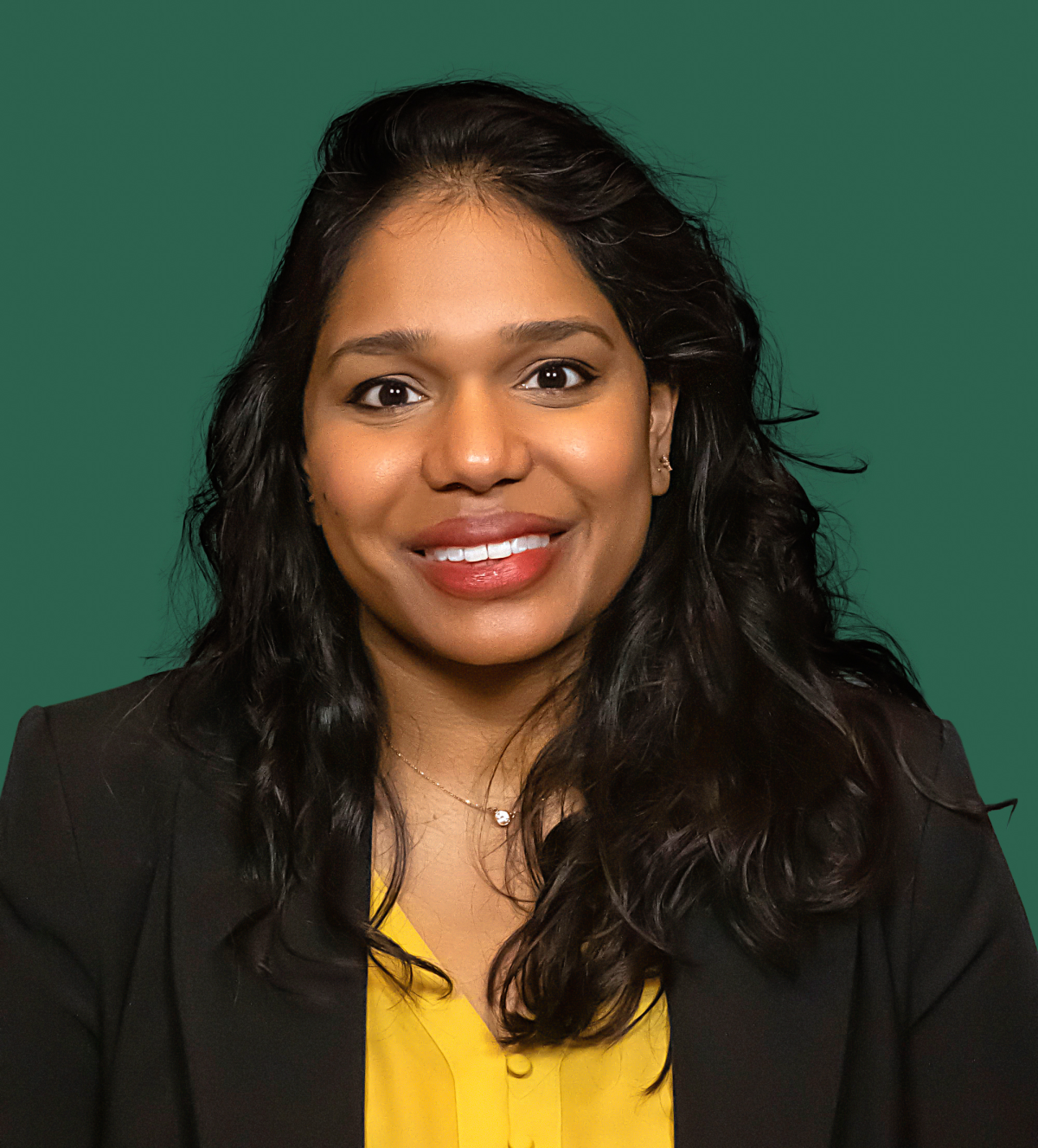
Varnee Murugan, senior director of the Global Initiative on Health and the Economy at the U.S. Chamber of Commerce
Murugan left the General Assembly enthused by the new U.S. global health strategy and its emphasis on bringing private-sector companies back into the global health arena.
“In the past, the private sector has been seen as, in some cases, tangential, in other cases, as an opponent,” she says.
She argues for-profit businesses have a lot to offer. “There is the bottom line — and that’s always going to exist — but there are also broader objectives.”
She says they have a lot of knowledge to contribute as well as the ability to “really help local economies grow and prosper and then transition away from aid and more towards sustainable trade.”

Atul Satija, CEO of the Nudge Institute
Atul Satija lives in India, where he leads a non-profit organization that addresses poverty in his country. He says he senses a difference in the U.N. event this year.
“The quality of conversations is slightly deeper,” says Satija. “It is a lot about the problems that we are facing globally, and how we can collectively solve them. So I am enjoying it because it’s a lot more real.”
With people around the world losing health care and education opportunities because of the U.S. cuts, Staija says that “people are figuring out new ways to design solutions so that communities are not affected as much.”
But he is also troubled by what the future might hold: “What keeps me up at night is: Do we have the space and the quiet to do the work we want to do?”
Peter Sands, CEO of the Global Fund
Peter Sands says this year’s General Assembly feels a bit like being on a “high wire.”
“This is, kinda, of moment of reckoning. On the negative side: There have been cuts in funding, disruptions to services. But on the positive side: We’ve got some extraordinarily exciting scientific innovations,” he says. “There’s a lot to lose, but there’s also a lot to achieve.”
His mind is focused on the money bit of the equation. The Global Fund is busy trying to raise money for its next three year cycle. And, afterall, Sands is a former banker — he was the CEO of Standard Chartered PLC, one of the world’s major international banks.
“As somebody who spent a lot of my life doing return on investment, investing in global health is one of the highest return on investment things you can do,” he says, pointing to the economic growth and health gains that come from fighting diseases.
Jackie Aldrette, executive director of AVSI-USA
Jackie Aldrette hasn’t been to a U.N. General Assembly in years. But this time, she felt it was important to attend.
Her U.S.-based organization, which supports marginalized communities around the world, is one of many aid groups that lost funding because of the U.S. cuts.
“I came wanting to kind of gain more clarity about what we should focus on,” says Aldrette.
“I definitely felt a kind of this new energy,” she says. “Like a fire underneath in terms of finding ways of working for the causes we care about, and the realization that it’s better to do that together.”
Her favorite moment of the week? “I found myself in conversation with someone from a very well-established organization, with whom I was able to just share a kind of dream I’ve been cooking up and she got excited and shared with me her dream,” she says. “And so, we were kind of dreaming together.”
She also had an epiphany about the U.S. aid cuts: “It feels like the U.S. doesn’t have a seat at the table anymore,” Aldrette says. “But there was also hope because it wasn’t like the lack of U.S. presence meant the table collapsed. No, we were still at that table, so we can go on.”
Mixed reactions, including relief, greet news the Coast Guard is buying BSC campus
The U.S. Coast Guard will take possession of the 192-acre campus in the northeast corner of Birmingham’s Bush Hills Neighborhood and will begin work to refit it as a training center for officers and enlisted personnel.
Travel industry pushes Congress to end DHS shutdown and pay federal security workers
With the busy spring break travel season looming, travel and aviation industry leaders urged Congress to end the stalemate over DHS funding before workers at TSA and ports miss a full paycheck.
Trump fires Kristi Noem as DHS chief, names Sen. Markwayne Mullin to replace her
President Trump has fired his homeland security secretary, Kristi Noem, and said Markwayne Mullin, a senator from Oklahoma, would replace her.
They were led off course in a big race. But a fix is more complicated than prize money
Top finishers in the Atlanta half marathon are calling for U.S. track officials to ensure that Jess McClain and two other athletes aren't excluded from the world championships because of an error.
No matter what happens at the Oscars, Delroy Lindo embraces ‘the joy of this moment’
Lindo is nominated for best supporting actor for his role in Sinners. At the BAFTA awards on Sunday, Lindo was presenting when a man with Tourette syndrome in the audience yelled out a racial slur.
Between Megan Moroney and Ella Langley, country women rule the charts
It's a big week for women in country music — and, it turns out, for women whose songs are favored by women in figure skating.

